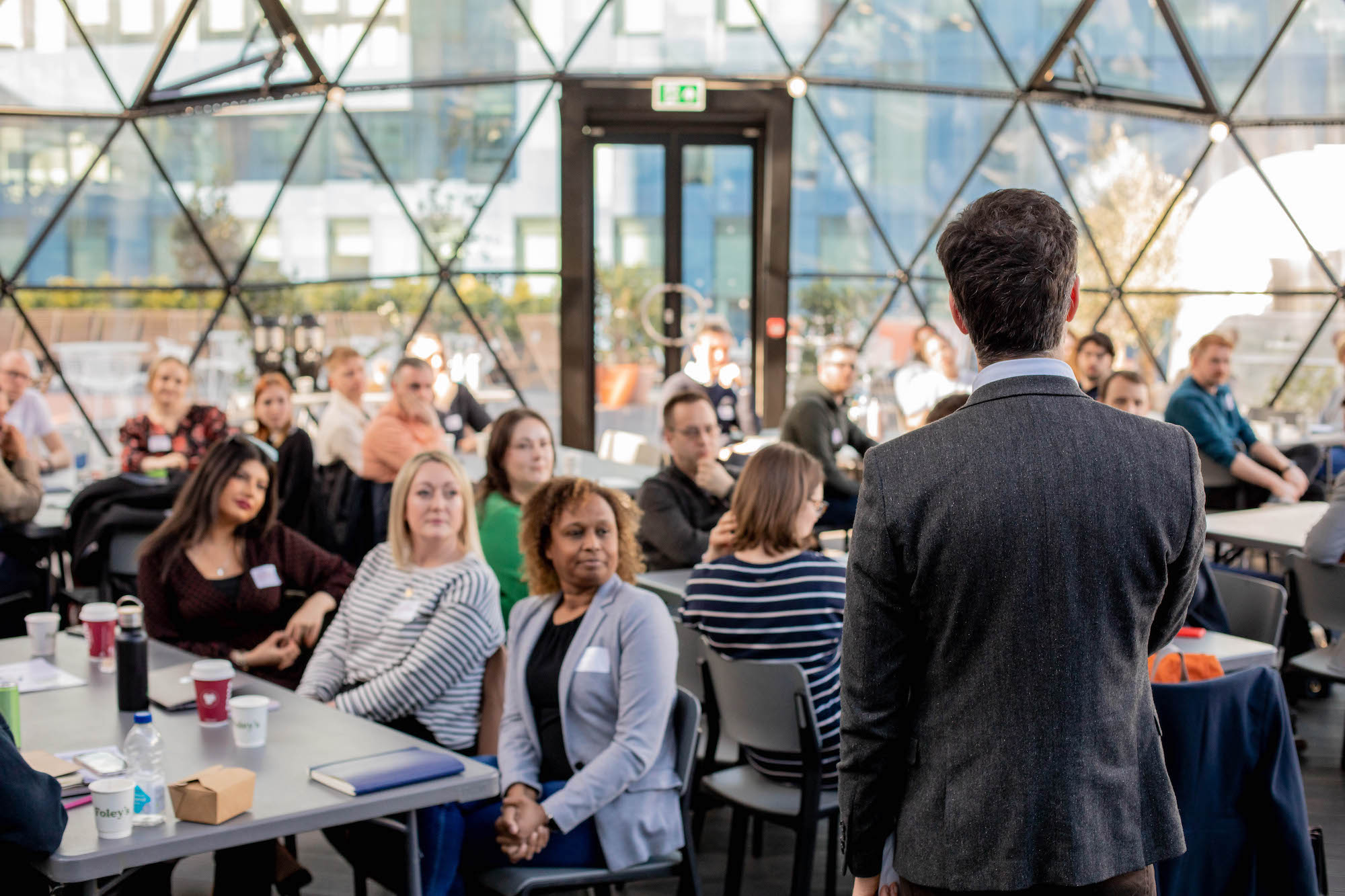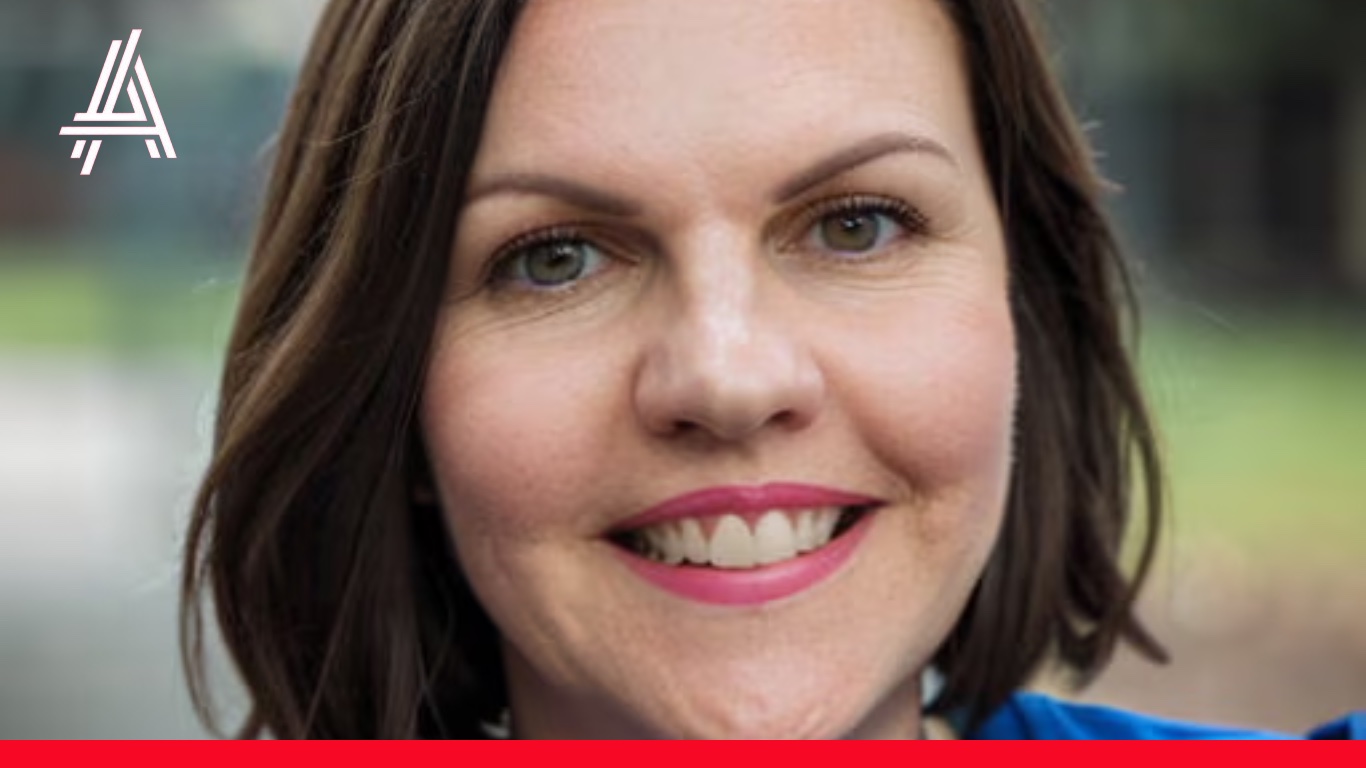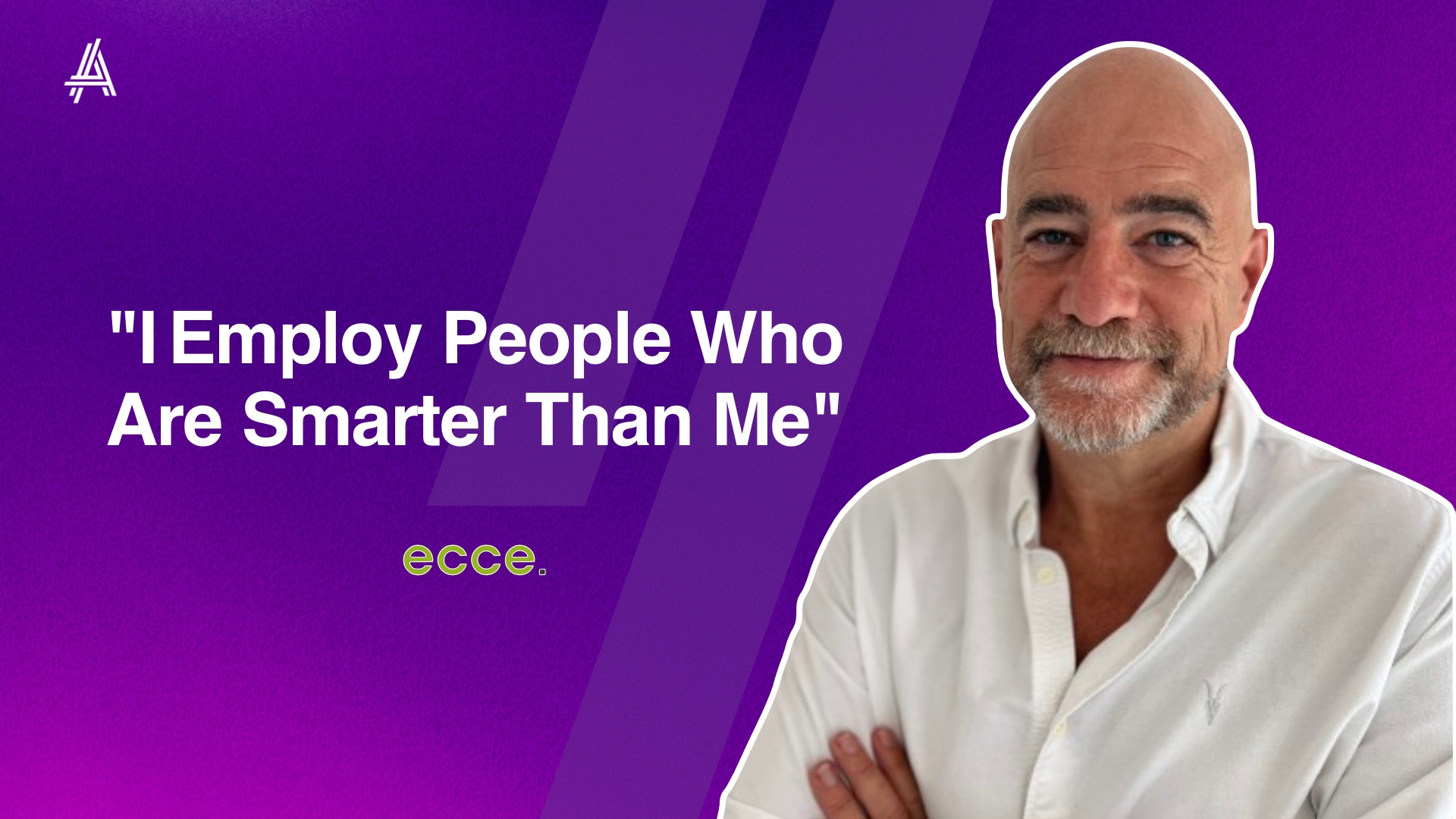Expanding into the Middle East can be a very exciting and lucrative venture for an agency – but the path to international success is not always simple.
There are a number of cultural and operational considerations that need to be taken on board to ensure that leaders are navigating the vast landscape correctly. And recently at an exclusive CFO Surgery, a seasoned agency founder who has seen big success in the Middle Eastern market offered some helpful advice and insights.
Cas Majid, CEO of the WOW Group, has two decades of experience in the agency world and has also spent a number of years doing business in the Middle East, particularly in the United Arab Emirates (UAE). Talking to a group of fellow agency leaders who are keen to go international, Cas shared his wealth of expertise and some important things to consider when making the move to the UAE.

His international venture started when a friend asked if he wanted to join forces, he said: “Well, let’s set up in the Middle East, because it’s quite a hotbed, particularly UAE. So literally, within probably a month or so, I’d hopped on a plane, built some contacts out there, and went to see them and one of our first appointments was the head of digital at the Dubai Chamber of Commerce.
“And if you’ve worked in that region, the businesses have to be members of the Chamber of Commerce and the Chamber of Commerce out there is like a hub. So if there’s any digital work that needs to be done, a lot of organisations will come to the chamber, particularly some of the government sector organisations, they’ll come to the chamber to get the work done.
“And we got on really well with this chap. And he said, ‘Oh, why don’t you come out and set up here’ so I said, well we’ll do that if we can win some projects, because the litmus test for us was to win some projects. And we actually won two really big projects.
“Incidentally the lesson from that was, when we initially put our quote in for that work, and it was to develop a portal for people in the UAE who wanted to go into entrepreneurship, that gave them guidance and advice, mentoring, lots and lots of information from different successful entrepreneurs from the region and internationally. When we brought our quote in initially, for that particular project, they sent it back saying it’s not enough.
“Because their perception of how much something would cost was was a lot more than what we would think in the UK. That project was about a quarter of a million pound project. When we put it in, we probably went in, probably 35% less. And they came back and said, ‘Look, you’re not gonna be taken seriously, because all the other people have come in quite substantially higher, you need to up your day rate more’ and all that kind of stuff. So, actually off the back of that we won the project.
“So our intention was at the time, to then have a hub there. Within the Middle East to serve to that region. So we started building that project and we delivered it very, very successfully.”
Cas went on to highlight some to the most important things to note when working in the Middle East, from culture differences to best money practices.
Below are some of the things to keep in mind when starting to do international agency work:
One of the kind of golden rules is you don’t talk about business until the fourth or fifth meeting
Cas Majid
1. Financial barriers are higher
Setting up a company in the Middle East is much more expensive than it is in the UK. Cas said: “It costs around £30,000 to set up a company now, at what I would call what’s known as a free zone area. So free zone areas are particularly for companies that work in an area in that region and they’re specifically set up for companies like ourselves to go out there and make it easy for them to settle. So the barrier to entry is quite high in terms of financially”
2. There are more hoops to jump through to get projects
When pitching for Government departments, it can take a long time for a decision to made. And once it has been made, agencies have to make sure that they get a purchase order and then a local purchase order which then has to be stamped – so when sending invoices it has to have a stamp on it to show that the work has been done.
3. Get paid in part up front
Generally it is expected to get paid more than 50% of the project amount upfront in the Middle Eastern market – however typically it is around 70% that agencies should be asking for.
4. Build trust through building relationships
Cas noted that it is important to not go in ‘like a bull in china shop’ when starting to build business internationally, as it can end in a loss of credibility and reputation. Making the investment into relationships and finding the right timing to ask about business is the best way to get a step ahead: “One of the kind of golden rules is you don’t talk about business until the fourth or fifth meeting.
“It really is about understanding the person that you’re dealing with, they talk about your family and what’s going on and what you’ve been up to. You’re going out for dinners and they’re very hospitable because it’s a very hospitable country and they’re welcoming you in.”
5. Have someone on the ground over there and be flexible
Another important detail to ensure success in the UAE is making sure there is someone actually on the ground there. Not only will this help to build key relationships, it will also allow for more flexibility when it comes to meetings – something that is often pushed back or postponed.
Cas shared an experience from his time over there saying: “I flew out on the Friday, which is a day off, because there week goes from Sunday to Thursday. So I flew in for out pitch on the Sunday – and when we were waiting for the pitch we got a call half an hour before saying that ‘we can’t make it.’
“My flights back was on the Monday, we said ‘well, what can we do with this?’ You have to wait around. So my colleague went back and I stayed there and they they call me on the Thursday to say, we need to see you at three o’clock today. So I went to seem them at three o’clock and by the afternoon, I’d got the deal.
“So it is quite nuanced.”
6. Phone calles > Emails
Getting on the phone is the best way to contact people in the UAE. Cas has found over the years that it is not often he would get a response via email – but people will always pick up the phone to speak to people.
7. Utilise services that have connections with businesses already
Leveraging other people’s knowledge is also key to being successful internationally. In the UK, the UK Trade and Investment Service can be used to access businesses. The department can make introductions for agencies and get them meetings and appointments – and because it is backed by the British government, people will actually see you.
Cas also said that partnering up with established names can help, he said: “We went in with some of our projects with people like Rackspace, so Rackspace in that region had a really big presence at the time. So some of the partners that we worked with, we went in with them into some opportunities, because they were already in there.
“So leveraging someone that’s already there, and leveraging their knowledge is, is really, really key to this.”
8. Don’t be lazy – be prepared to use Arabic
Like with most languages, there are different forms or Arabic and different dialects spanning from region to region. And it is important to make sure that everything is being looked at, not just the words on the page, but the whole format of the page.
Cas noted : “Some of the web applications that we wrote as well, we had to learn to do them in classic Arabic. Luckily, I can read a little bit of it, but we have some guys that know very well.
“But also, you notice the nuance of if you’ve got, let’s say, for example a webpage – so we go from left to right a lazy agency will just change the writing when actually you have to flip the whole thing. And that’s the kind of stuff that we were doing really well.”

Join 3,000+ agencies
Get the Agency Hackers Newsletter, and read candid stories from other agency leaders.
Upcoming events

Join 3,000+ agencies
Get the Agency Hackers Newsletter, and read candid stories from other agency leaders.









